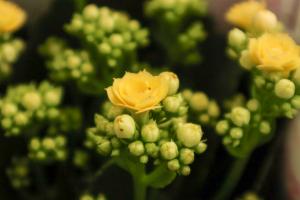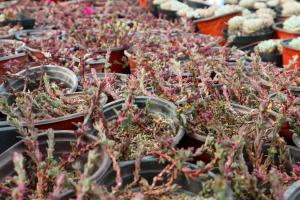Can You Feed Chickens Tomato Plants?
If you are a chicken owner, you may be wondering whether you can feed your chickens tomato plants. After all, tomato plants are commonly found in gardens and may provide a source of food for your flock. However, before feeding tomato plants to your chickens, it is important to understand the potential risks and benefits.
The Risks of Feeding Chickens Tomato Plants
While tomato plants are not toxic to chickens, there are some potential risks associated with feeding them to your flock. One of the biggest concerns is that tomato plants belong to the nightshade family, which contains a toxic compound called solanine. While solanine is present in small amounts in tomatoes themselves, it is most concentrated in the leaves and stems of the plant.
If chickens consume large amounts of solanine, they may experience symptoms such as vomiting, diarrhea, and lethargy. In severe cases, solanine poisoning can lead to respiratory failure and even death. Additionally, eating large amounts of tomato plants can lead to digestive upset and diarrhea in chickens, which can be harmful if left untreated.
The Benefits of Feeding Chickens Tomato Plants
Despite the potential risks, there are some benefits to feeding your chickens tomato plants. For one, tomatoes are an excellent source of vitamins and minerals, including vitamins A, C, and K, as well as potassium and calcium. Additionally, many chicken owners report that their birds enjoy eating tomato plants and that they may even help to improve egg quality and production.
If you do decide to feed your chickens tomato plants, it is important to do so in moderation and to only offer them as a treat or supplement to their regular diet. You should also take care to remove the leaves and stems of the plant, which contain the highest levels of solanine. Finally, it may be a good idea to introduce tomato plants gradually and to monitor your birds for any signs of digestive upset or other adverse reactions.
Alternatives to Feeding Chickens Tomato Plants
If you are concerned about the potential risks of feeding your chickens tomato plants, there are plenty of other nutritious and safe options to consider. For example, you can offer your birds a variety of fruits and vegetables, such as berries, melons, carrots, and peas. You can also provide them with a high-quality commercial feed that is specifically formulated to meet their nutritional needs.
Ultimately, the decision of whether or not to feed your chickens tomato plants depends on your personal preferences and risk tolerance. While there are some potential risks associated with feeding tomato plants to chickens, they can also be a nutritious and enjoyable treat that may help to improve egg quality and production.

 how many times do yo...
how many times do yo... how many planted tre...
how many planted tre... how many pine trees ...
how many pine trees ... how many pecan trees...
how many pecan trees... how many plants comp...
how many plants comp... how many plants can ...
how many plants can ... how many plants and ...
how many plants and ... how many pepper plan...
how many pepper plan...
































